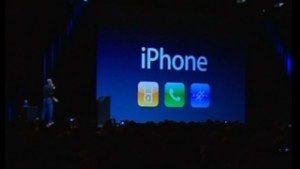When Apple co-founder Steve Jobs succumbed to cancer in his
California home a year ago today, the world rushed to eulogize him in
glowing terms: Genius. Visionary. A modern-day Thomas Edison.
Obituaries and video
clips focused on how he led a mobile-computing revolution, upended the
music industry with iTunes and, at Pixar, changed the way movies are
made. Pundits marveled at his brilliance in creating a mystique about
Apple products and knowing which unborn electronic gadgets consumers
would most desire.
Fans lit candles outside
Apple stores around the world, and more than a million people left
thanks or tributes to Jobs on Apple's website.
But in the 12 months
since, as high-profile books have probed Jobs' life and career, that
reputation has evolved somewhat. Nobody has questioned Jobs' seismic
impact on computing and our communication culture. But as writers have
documented Jobs' often callous, controlling personality, a fuller
portrait of the mercurial Apple CEO has emerged.
"Everyone knows that
Steve had his 'rough' side. That's partially because he really did have a
rough side and partially because the rough Steve was a better news
story than the human Steve," said Ken Segall, author of "Insanely Simple: The Obsession That Drives Apple's Success."
 2007: Jobs unveils the first iPhone
2007: Jobs unveils the first iPhone
"Since Apple is the
most-watched company on Earth, there are a ton of writers always looking
for the new angle," Segall added. "After all the glowing tributes to
Steve ran their course, it's not surprising that the more negative
articles would start to pop up."
No comments:
Post a Comment